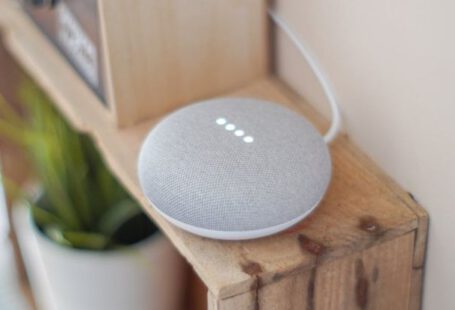As concerns about environmental sustainability continue to grow, the demand for biodegradable products is on the rise. People are becoming more conscious of the impact their choices have on the planet, leading to a surge in the development and availability of eco-friendly alternatives. In this article, we will delve into the latest advancements in biodegradable products and how they are revolutionizing various industries.
### Biodegradable Packaging Solutions
One of the most significant areas of focus in the biodegradable products market is packaging. Traditional plastic packaging is a major contributor to environmental pollution, with millions of tons ending up in landfills and oceans each year. Companies are now turning to biodegradable materials, such as compostable plastics and plant-based packaging, to reduce their carbon footprint. These innovative solutions break down naturally over time, minimizing waste and environmental harm.
### Sustainable Textiles and Clothing
The fashion industry is notorious for its negative environmental impact, from the use of harmful chemicals in production to the disposal of clothing waste. To combat this, many brands are now incorporating biodegradable textiles into their collections. Materials like organic cotton, hemp, and bamboo are not only sustainable but also biodegradable, ensuring that they can be returned to the earth at the end of their lifecycle. This shift towards eco-friendly fashion is driving positive change in an industry known for its wasteful practices.
### Biodegradable Personal Care Products
Another area seeing a surge in biodegradable innovation is personal care products. From shampoo bars to toothbrushes made from bamboo, consumers now have a wide range of options when it comes to choosing products that are gentle on the environment. Biodegradable alternatives to single-use items like cotton swabs and wipes are also becoming more popular, offering a sustainable solution to everyday needs. These products not only reduce plastic waste but also promote a more eco-conscious lifestyle.
### Food Packaging and Utensils
The food industry is also embracing the biodegradable trend, with a focus on reducing plastic waste in packaging and utensils. Compostable food containers, cutlery, and straws made from plant-based materials are gaining traction as more restaurants and food vendors prioritize sustainability. These biodegradable alternatives are not only better for the environment but also safer for consumers, as they do not leach harmful chemicals into food and beverages like traditional plastics can.
### Advancements in Biodegradable Technology
In addition to traditional biodegradable materials, researchers and innovators are developing new technologies to further improve sustainability. One exciting advancement is the creation of biodegradable plastics from algae, a renewable resource that grows quickly and does not compete with food crops. These bioplastics are not only biodegradable but also biocompatible, making them suitable for a wide range of applications, from medical devices to consumer products.
### Reimagining Waste Management
As biodegradable products become more mainstream, waste management practices are also evolving to accommodate these eco-friendly alternatives. Composting facilities are expanding to handle biodegradable materials, diverting them from landfills and turning them into nutrient-rich soil amendments. Municipalities are implementing programs to educate the public on the benefits of biodegradable products and how to properly dispose of them, paving the way for a more sustainable future.
### Embracing a Biodegradable Lifestyle
In conclusion, the latest advancements in biodegradable products are reshaping industries and consumer behaviors alike. From packaging solutions to textiles, personal care products, and food packaging, biodegradability is no longer a niche concept but a mainstream expectation. By embracing these eco-friendly alternatives and reimagining waste management practices, we can all play a part in creating a more sustainable world for future generations. It is clear that the biodegradable revolution is here to stay, and the possibilities for a greener future are endless.





